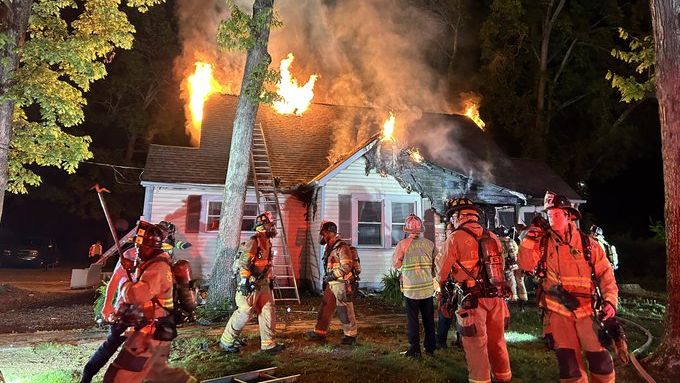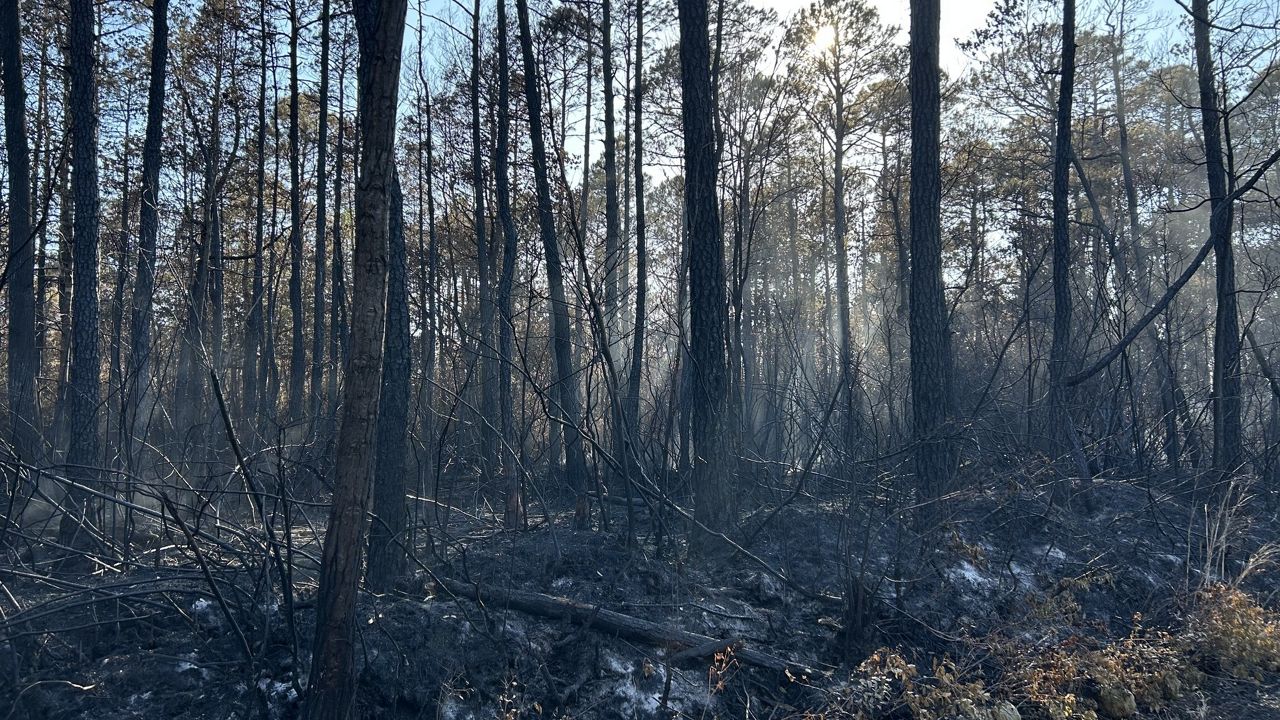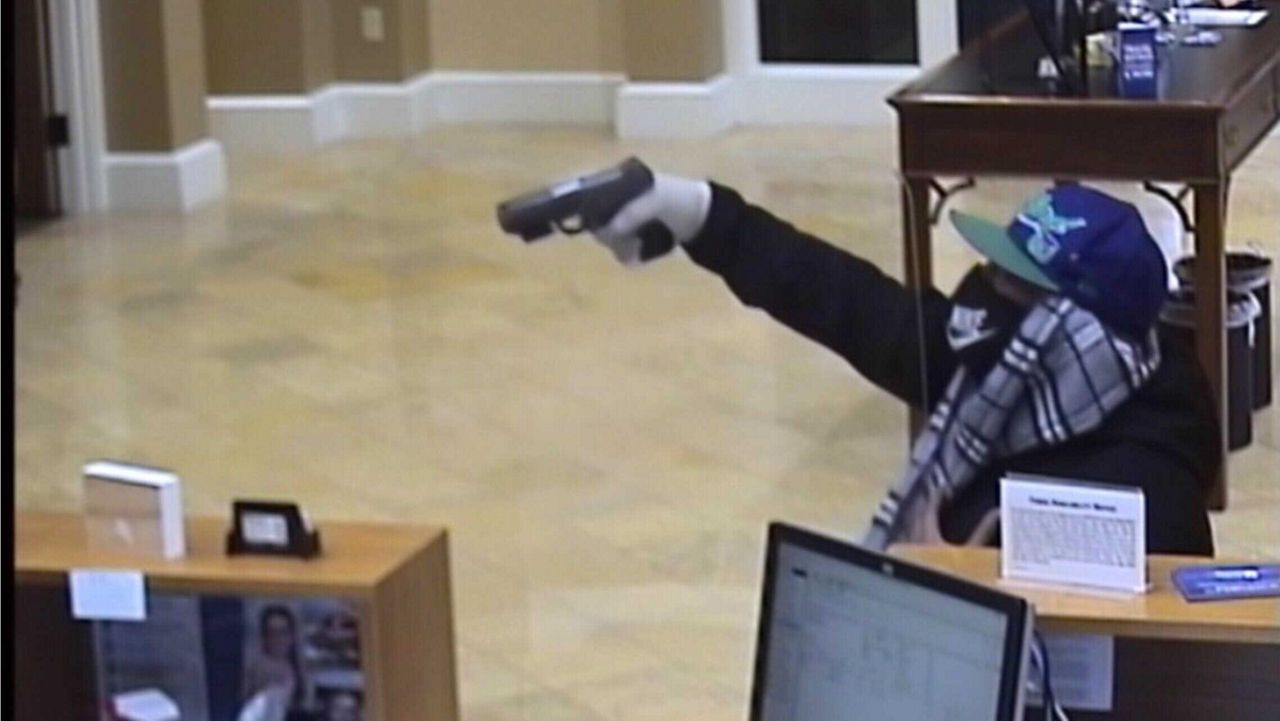TRIAD, N.C. — Special task forces helping first responders with mental health are growing across North Carolina.
What You Need To Know
- Mental health counselors paired with first responder programs are growing across the state
- The B.E.A.R. Team of Winston-Salem saw 1,738 calls in its first year
- The BHRT of Greensboro was only able to respond to 35% of all mental health calls received last year
- Both programs have crisis counselors who help a patient receive care, treatment and follow-up appointments
The Behavior Evaluation and Response Team, or B.E.A.R. Team, of Winston-Salem was launched almost a year ago after funding from the American Rescue Plan Act. Support from the opioid settlement funds helped kickstart the pilot program with the Winston-Salem Fire Department.
"We have been very pleased with the way that the program has been going. The community has been utilizing us. We've had many calls, and we are a positive support for all of the first responders as far as if they go out to calls and identify that there is a further need for services, and they are utilizing us. So we're feeling very welcomed within the community and utilized within the services,” said Kristin Ryan, the director of the B.E.A.R. Team.
The team is built of trained crisis counselors, who are dispatched to calls regarding mental health concerns, substance use issues or domestic violence. The crisis counselors will help connect them with resources, make follow-up connections, and eliminate barriers and service individuals in that crisis moment, including coming up with a treatment plan, driving them to appointments and working with doctors or psychiatrists.
“Sometimes people just need someone to talk to when they're in crisis, so they may call to have that conversation, to talk them through anxiety or because they're feeling depressed,” said Victoria Williams, a crisis control counselor with the B.E.A.R. Team.
Williams, who previously worked with the juvenile justice system or in mental health services, has been with the program since it started around a year ago. It had 1,738 calls in 2023.
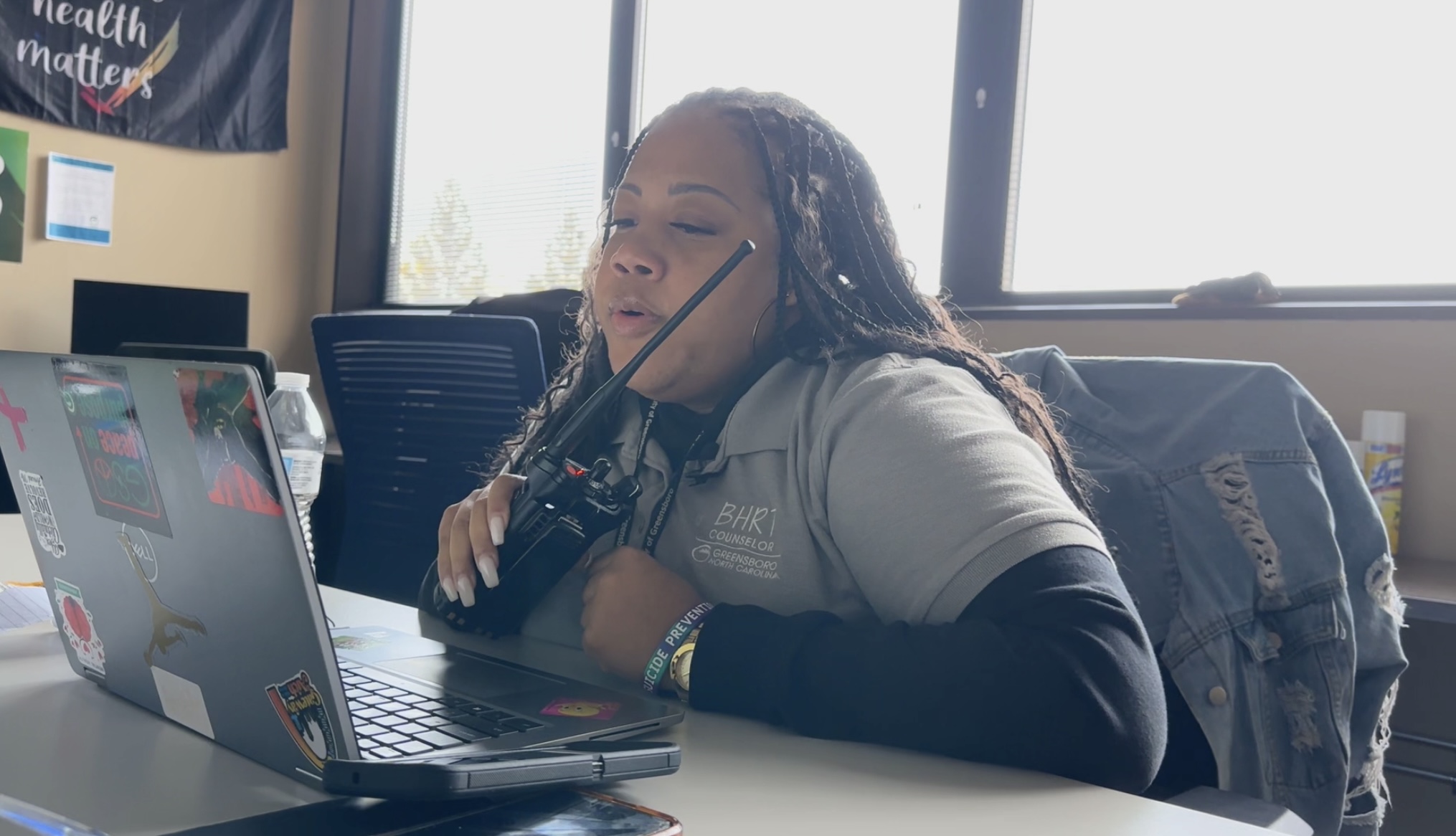
“The fact that we can show up, and we can offer them, ‘Hey, man, we know you're going through something. Let us take you here to get the resources you need.' It's a huge deal because it could be anybody. It could be someone's family member. It can be you one day. You never know what position you're going to end up in life,” Williams said.
The team carries Narcan, snacks, water and other items to help administer the care that is needed. The team also dresses in plain clothes to not look as intimidating. The B.E.A.R Team does also have personal protection equipment for their safety as well, but Williams says it is rare a patient gets physical.
“Don't wait until you're in full-crisis mode. We’re willing to help you whether you are way up here in a crisis or way down here. We’re a great service. And I'm not just saying it because I work here. I'm saying it because we all need somebody to talk to. And it starts with talking and then seeing what those needs are and then giving you whatever service that you may need,” Williams said.
Another team that helps service the Triad is the Behavioral Health Response Team, or BHRT, with the Greensboro Police Department.
“I can say since our program has started, the community have seen the need, and that there is a mental health element within our community. When police respond that our community is aware that, ‘Hey, this might be a mental health crisis and not a criminal aspect to go upon.’ Our team is very familiar here in Greensboro and Guilford County,” said Ebony Pittman, a BHRT crisis counselor.
Pittman and a dressed-down officer who is designated to BHRT will be dispatched on calls fit for their team.
“Looking at the whole situation of the call notes what this person might be going through today. Why are they threatening suicide today? Are they having a bad day? Are some people concerned that they're having a bad life? And just what I can do to help them with in the moment? Sometimes it could be as simple as someone hadn't eaten today. And we could assist with that as well. Someone might be in need of housing and connect them to the appropriate resources,” Pittman said.
Pittman, who previously worked in specialty courts dealing with mental health and drug treatment for eight years, says that from October through December, the team will see an increase of calls and that March is also a peak time for mental health calls.
The American Psychological Association says adults ages 35 to 44 experienced the highest increase of mental health diagnoses since the pandemic at 45%. It also says people ages 18-34 reported the highest overall rate at 50% of mental illnesses in 2023.
“Sometimes it's hard and difficult for people to ask for help because they asked for help before and been disappointed,” Pittman said.
Since its start in 2020 BHRT also works to connect patients with resources, staying in touch for a long periods of time from a week to a year of follow-up appointments. The team also has items such as food on hand for patients.
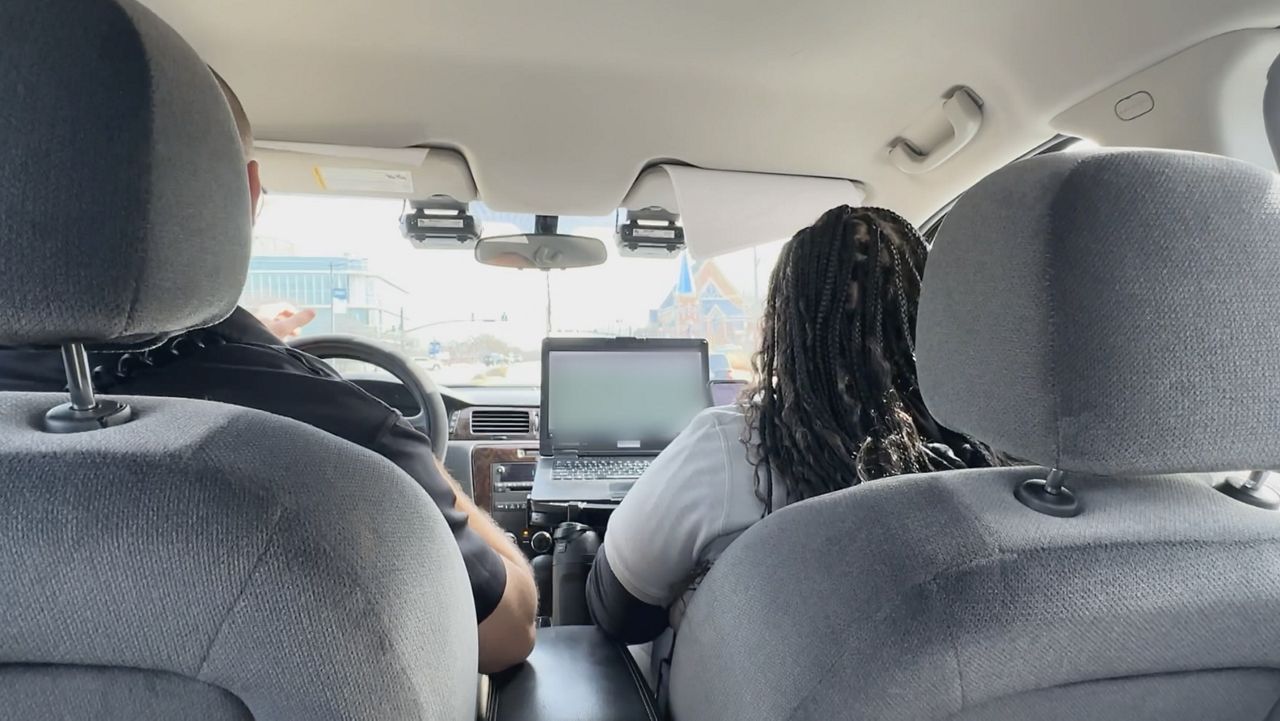
“Just don't write people off because they don't think like you or necessarily have your same mindset. I would tell everybody the mind is beautiful and the mind is different,” Pittman said.
Pittman says the team was only able to respond to 35% of the mental health calls last year, and the BHRT Team lead says 2,642 calls labeled a mental health response came in outside of their coverage last year.
“Crisis doesn't happen Monday through Friday. We are extremely short-staffed. We would love to work weekends. We would love to work nights. 24-7,” Pittman said.
She hopes more counselors will be able to join their team that consists of officers, counselors and a paramedic, as well as adding other elements such as Narcan to their gear.
“Having a response that is a community-led appropriate response is beneficial all around because it allows for our law enforcement partners to be able to focus on the things that they signed up to do and to be able to have the support of a professional to assist them in dealing with this … So they know that they have an avenue for help and assistance, and it's coming from someone who is specially trained to do that,” said Latisha McNeil, the division manager for the Office of Community Safety in Greensboro.
The Greensboro Police Department also runs a Take Me Home program to help individuals who need special assistance in case of an emergency for those who become disoriented or unable to speak or identify themselves.
The B.E.A.R. Team is active 24-7 and can be reached directly at 336-705-3668 or dispatched by 911.
The BHRT Team is active Monday through Friday 8 a.m. to 10 p.m. and will be dispatched by 911.
Similar services are scattered throughout the state. If you or someone else is experiencing a mental health emergency, dial 911. You can also reach the Suicide and Crisis Lifeline at 988.







